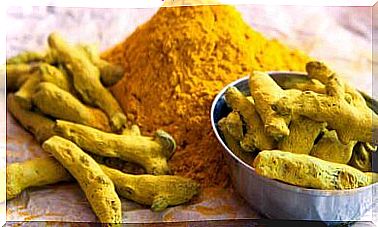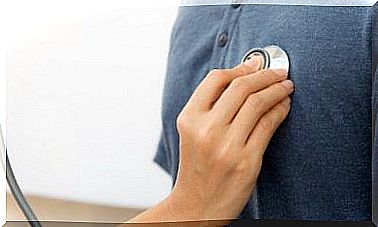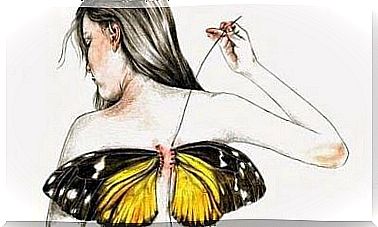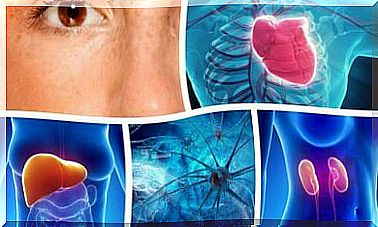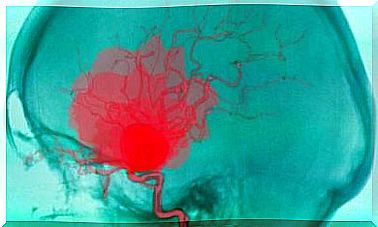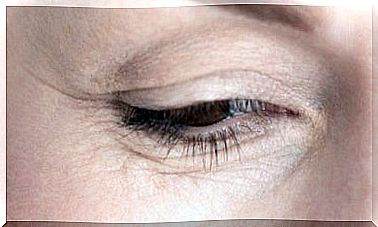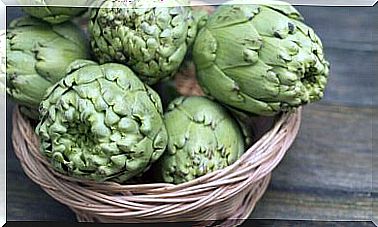Diet For Kidney Stones: Tips And Sample Menus
Kidney stones are hard masses that form as a result of the buildup of residues in urine. The most common arise from an excess of calcium and oxalate. Find out how to treat them with diet.
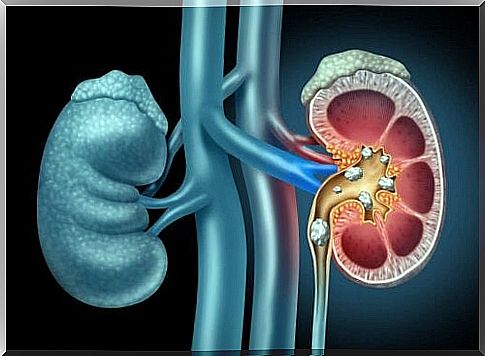
If you have kidney stones, you probably need a special diet. In this article, we will give you some tips on how to follow a kidney stone diet, in addition to sample menus.
However, as a first step, you should go to your doctor to find out what type of stones your body is producing. Then, from this, the doctor can tell you which changes are most appropriate for your diet.
What is a kidney stone?
Those who have ever had a kidney stone say it is more painful than giving birth. The pain is indeed very acute. In 75% of cases, kidney stones expel spontaneously; and in 25% of cases, the size of the stone prevents natural expulsion, which implies resorting to treatment.
A kidney stone is a hard lump that forms from crystals found in urine. In most people, natural chemicals in urine stop stone formation.
Remember that not all types of kidney stones are the same. The most common type is formed from calcium and oxalate. Also, the individual treatment for kidney stones depends on the type of stone.
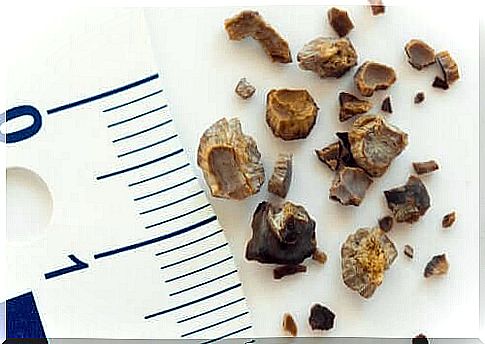
Diet for kidney stones
It should be taken into account that, depending on the type of stone, the diet for kidney stones may vary. Very often this condition is due to the accumulation of:
- Calcium oxalate
- Calcium phosphate
- Uric acid
- Cystine
1. Foods High in Calcium Oxalate That Promote Kidney Stones
Avoiding excess oxalate in the diet mainly helps prevent cases of calcium oxalate stones. Calcium is not the main cause of these stones but foods rich in oxalate do. Here are a few :
- Spinach
- Beet
- Cocoa
- Swiss chard
- Rhubarb
- Sodas
- Tea (such as black tea, green tea, or mate)
- The peanuts
- Coffee
- Nuts
- Seafood
These foods should be eaten in small amounts, and a great strategy is to use the so-called double cooking method. This involves cooking vegetables rich in oxalate twice, changing the water from the first cooking to reduce the amount of oxalate.
2. Excess protein
Excessive ingestion of protein such as meat or any animal product promotes the production of uric acid, which triggers stone formation.
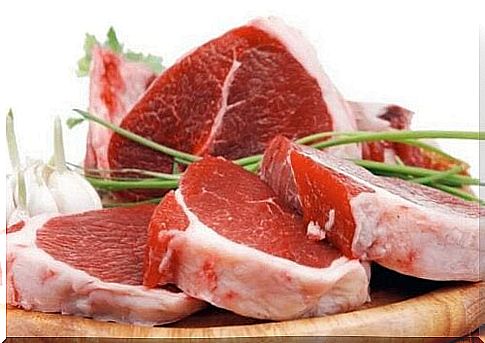
3. We must regulate salt consumption
Sodium is one of the main components of salt and it facilitates the accumulation of salts in the body. It should therefore be avoided.
We should not only avoid the usual salt but also those industrialized foods rich in salt like bouillon cubes, English sauce, soy sauce, sauces in general, frozen food and fast food. It is recommended not to consume more than 2.5 grams of salt per day.
4. Excess of foods rich in vitamin C
Excess foods rich in vitamin C and the ingestion of supplements should be avoided. This is especially the case when the stones are calcium oxalate stones because this vitamin can promote the formation of the latter.
5. Alcoholic beverages that promote kidney stones
We must also avoid the ingestion of alcoholic beverages because with them, the body becomes dehydrated. This promotes the formation of kidney stones since dehydration is one of the main causes of their formation.
Sample menus for kidney stones
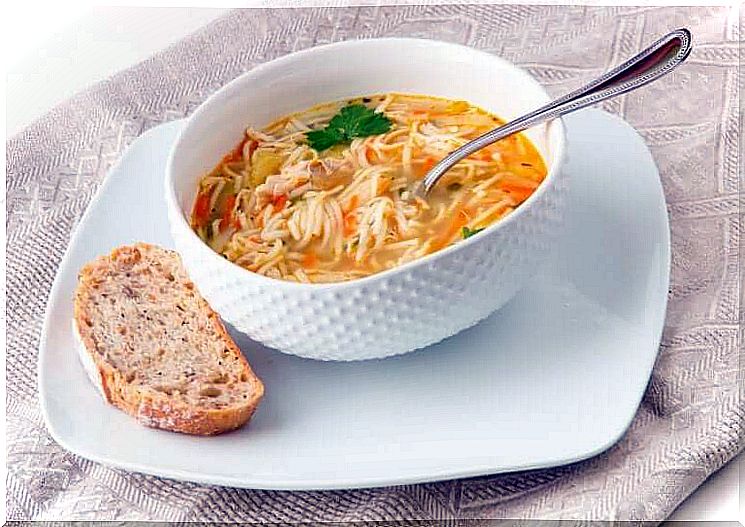
Diet plays an important role in preventing stones. This is why we are going to present you here with ideas for setting up a diet for kidney stones. It might help you. Remember, however, that you should consult your doctor if in doubt.
For breakfast
- Option 1: 1 glass of juice with mint + 2 slices of wholemeal bread with cottage cheese.
- Option 2: 1 plain yogurt + 1 spoonful of honey + 2 scrambled eggs with tomato, onion and oregano.
For lunch / dinner
- Option 1: 1/2 cup of rice + 1/2 cup of beans + 100 g of turkey breast + 1 cup of cooked vegetables + 1 teaspoon of olive oil.
- Option 2: 1 plate of chicken soup with carrots, potatoes, pumpkin, onion.
To taste it
- Option 1: 1 natural yogurt + 1 spoonful of cranberries.
- Option 2: 2 cooked bananas sprinkled with cinnamon.
Remember …
The most important thing is to increase the intake of fluids to increase the volume of urine. You need to drink about three liters of water a day to urinate two to two and a half liters and further dissolve the salts.
Finally, we recommend that you consult a dietitian so that he can give you specific advice. The professional will be able to assess more precisely the diet that is best for you, depending on your needs.
